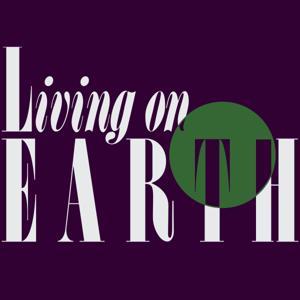On this episode of A Matter of Degrees, we tell the story of how a powerful grassroots movement, ambitious lawmakers, and Governor Tim Walz turned Minnesota into a climate leader. Then, we talk about using the Minnesota blueprint to make change everywhere else.
It’s election season, but the federal government isn’t the only venue for climate action. States also play a huge role in our path to healing the planet. Beyond just cutting pollution within their borders, states implement our big federal climate laws, test new innovative policy ideas, and build momentum for nationwide progress. And the center of gravity for state-level climate action isn’t California, or Washington, or Massachusetts. It’s Minnesota. Over the past few years, Minnesota has done more on climate than perhaps any other state, anchored by a nation-leading clean electricity standard that requires 100% carbon-free power by 2040.
But these wins didn’t happen overnight, and they didn’t come easy. To tell Minnesota’s success story, we spoke to Aimee Witteman, the Vice President of Investment and Network at Rewiring America, Chris Conry, the Managing Director of 100 Percent MN, and Rep. Jamie Long, the Majority Leader of the Minnesota State House of Representatives.




































